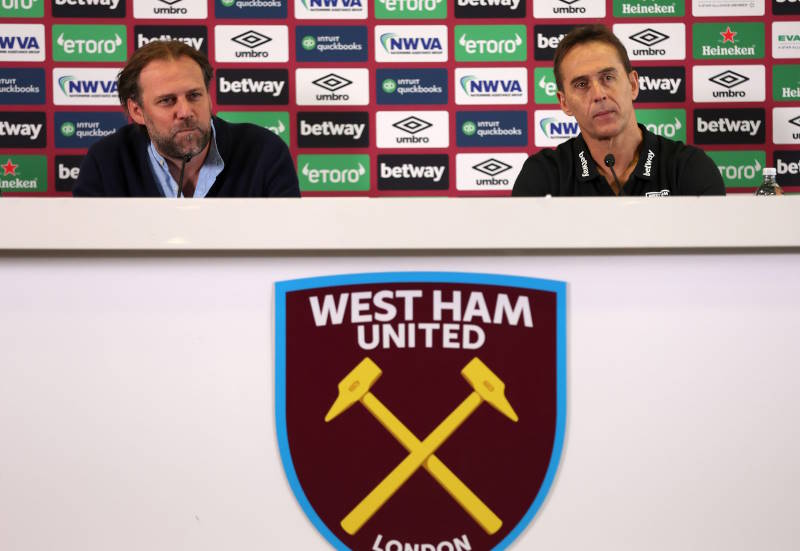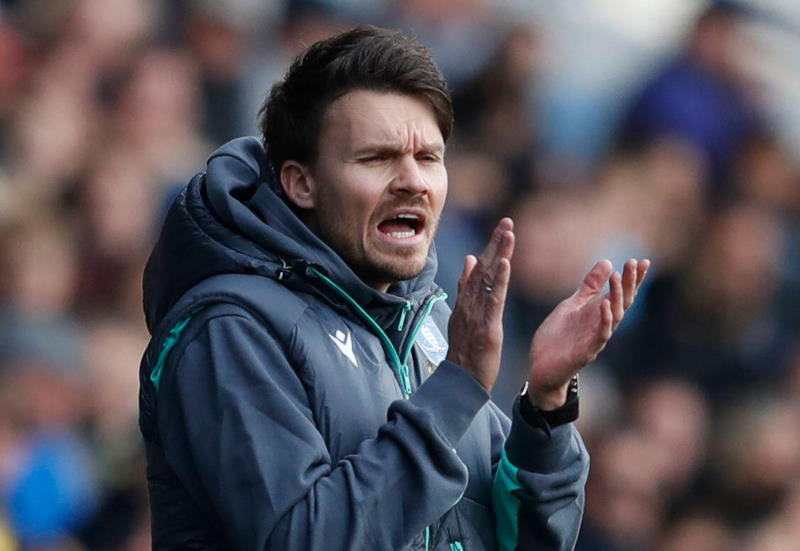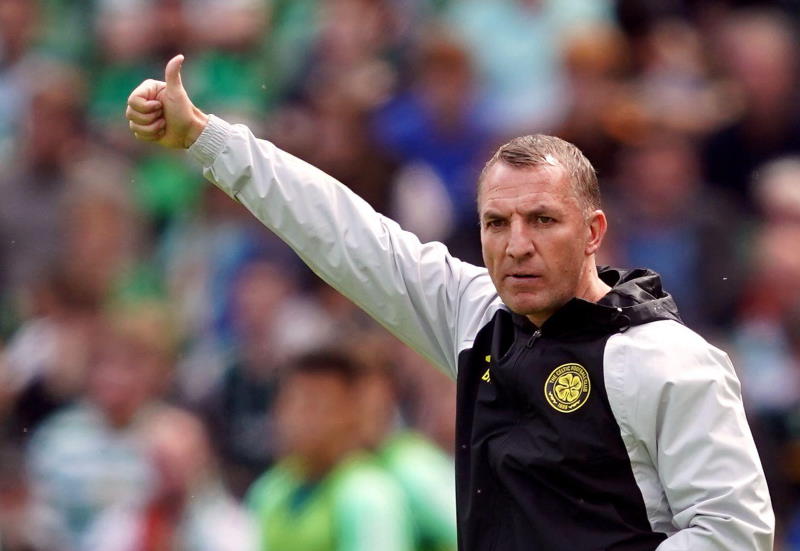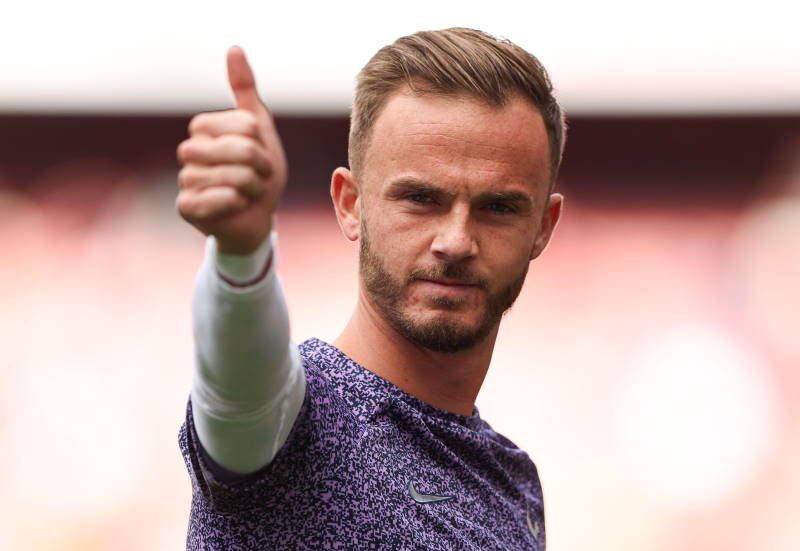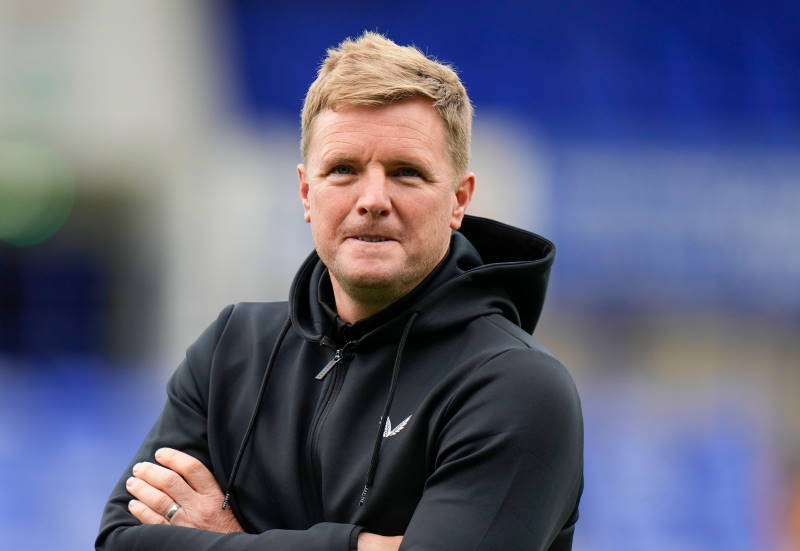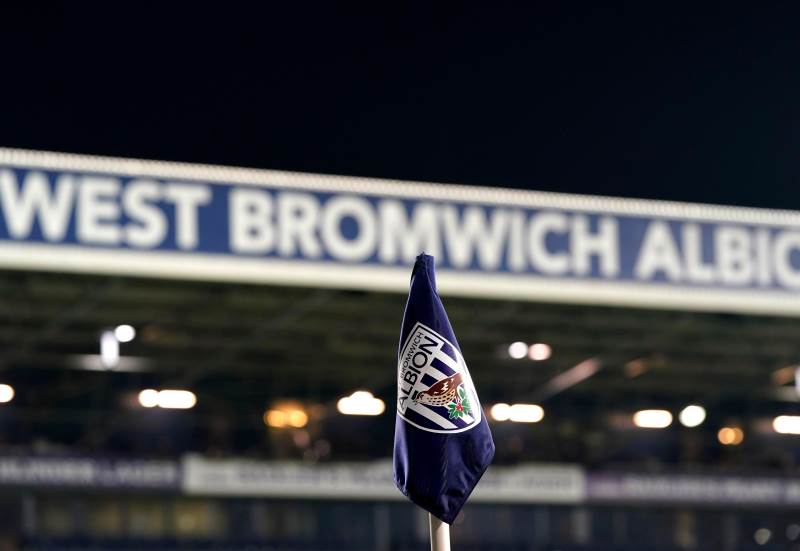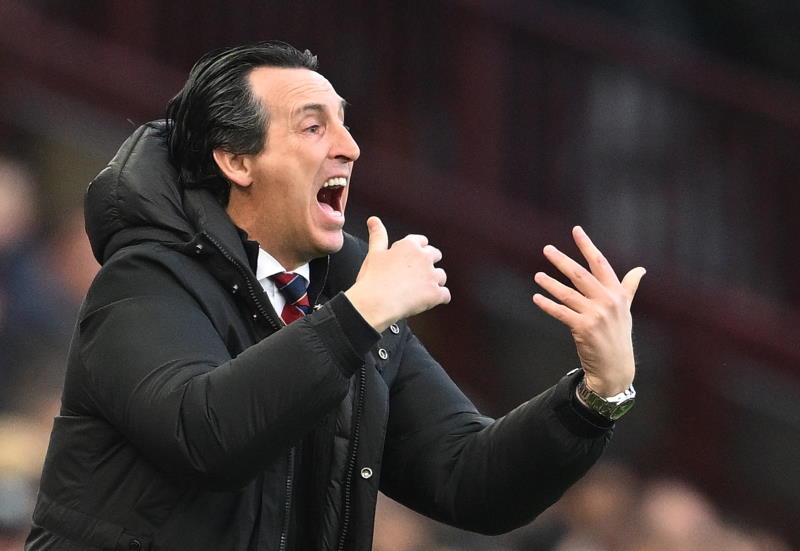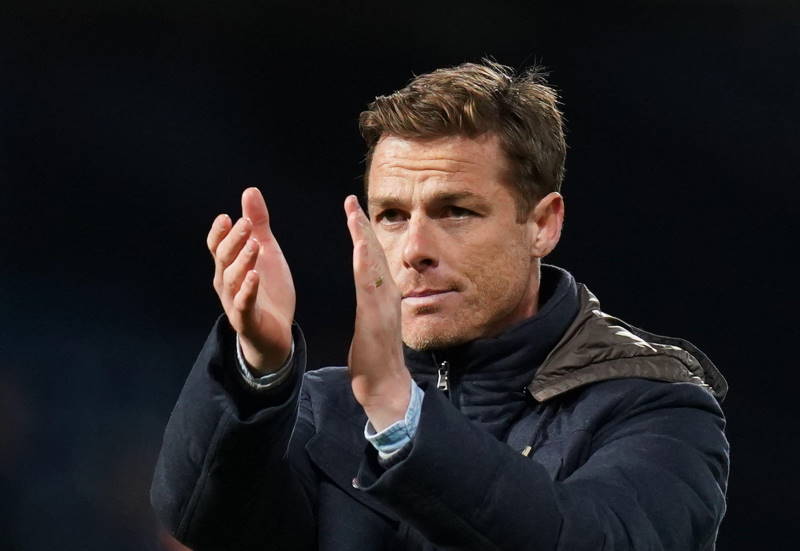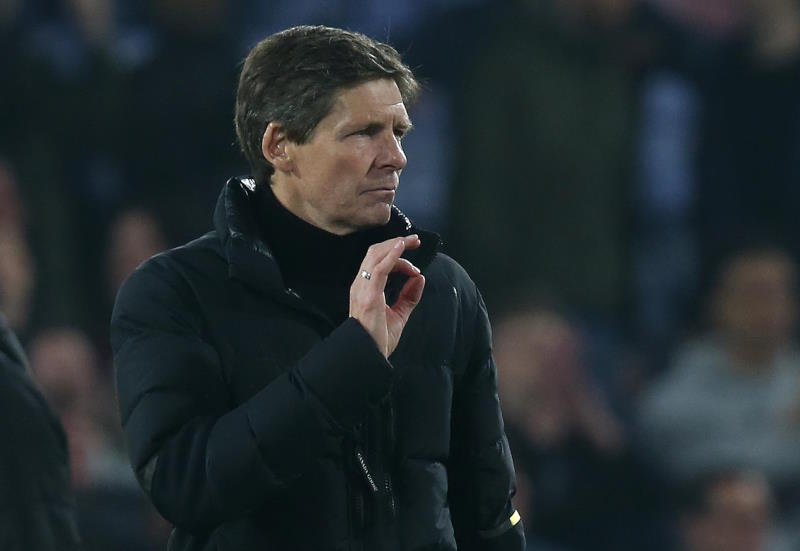
Paul Smith
Occurring just a day after the 20th Anniversary of the fall of the Berlin Wall, the death of Jena born goalkeeper Robert Enke has come as a massive shock to a country that was in a celebratory mood, and his club side Hannover 96 (who closed their website with the above image, which simply reads "we are mourning Robert Enke"). At the time of his passing Enke was his country’s number one goalkeeper and was set to play for Germany in next summer’s World Cup. A stage that would have provided Enke with genuine international recognition after years of living in the shadow of Oliver Kahn and Jens Lehmann.
Enke’s career spanned 14 years, took in four different countries and seven different clubs. He made his professional debut in November 1995 for home-town club Carl Zeiss Jena ironically against Hannover 96 which would be the final club he played for. His career quickly progressed and the following summer he moved to Bundesliga outfit Borussia Mönchengladbach where for a couple of seasons he would play for their Under-23 team. Enke’s big chance came in 1998 when Mönchengladbach legend Uwe Kamps picked up an injury. Unfortunately Enke’s exploits were not enough to save the club from relegation. It was also during this period that Enke broke into the Germany U-21 side where he would earn 15 caps between 1997 and 1999.
Following Mönchengladbach’s relegation to 2. Bundesliga, Enke moved abroad to Lisbon giants Benfica. He would spend three seasons in Portugal in what would be a lean spell for the Diabos Vermelhos. Managers changed frequently and the club was in the midst of financial turmoil with players’ salaries occasionally not being paid on time. Despite the off-the-field problems in Lisbon Enke won many admirers and with his contract expiring in 2002 the German goalkeeper was much coveted by Europe’s giants such as Manchester United and Arsenal. Despite the plethora of offers on the table Enke opted to remain in Iberia and headed to Catalan giants Barcelona on a free transfer.
Enke’s time at the Camp Nou would be the most frustrating of his career. He endured a nightmare debut as Barcelona were humiliatingly knocked out of the Copa del Rey by Novelda CF; a third flight side. For the remainder of the season Enke would have to settle for a couple of starts in the Champions League as well as a single substitute appearance in La Liga against Real Osasuna.
After the German’s first season in Catalonia, Frank Rijkaard replaced Louis van Gaal as manager and Enke was loaned out to Fenerbahce in what proved to be an ill-fated move. He played just one game for the Turkish team, a 3-0 defeat to local rivals Istanbulspor. Fenerbache’s infamous fans blamed their new keeper for the defeat and bombarded Enke with bottles and firelighters. Unsurprisingly Enke left Istanbul shortly afterwards and headed back to Spain.
After a couple of months back in north eastern Spain, Enke was loaned out again, this time to Tenerife, then in the Segunda Division. This was Enke’s first run of games since leaving Benfica and his undoubted class shone through. The successful loan spell finished at the end of the season and Enke headed back to Barcelona with one year remaining on his contract. Acknowledging that Enke’s chances of first team football were limited the Spanish giants permitted a free transfer move to Hannover 96, and the keeper jumped at the chance to return to his homeland.
The trials and tribulations of playing abroad proved beneficial to Enke in the long run as he quickly established himself as Hannover 96’s first choice goalkeeper. Two seasons of excellent and consistent form meant Enke’s name was once again linked with Europe’s major players. However, he opted to stay in Hanover and signed a contract extension to remain at the club until the end of this current season.
This proved to be an astute decision, in his third season back in the Bundesliga he deservedly won his first senior cap for Germany in a 1-0 defeat to Denmark. Enke had finally made his mark within the international set-up and he would go to Euro 2008 as an unused substitute.
The retirement of Jens Lehmann from international football at the end of Euro 2008 left the door wide open for Enke to consolidate his position as Germany’s first choice goalkeeper, a feat he had achieved at the time of his death. In total he won eight caps for his country.
As the facts begin to emerge regarding Enke’s death it is clear that he suffered problems far beyond the world of football. Despite the issues he faced on a daily basis he proved to be a fantastic servant to the game millions of people love, and provided endless moments of joy and happiness for the fans that supported him throughout his career. When the dust has settled this should never be forgotten.

